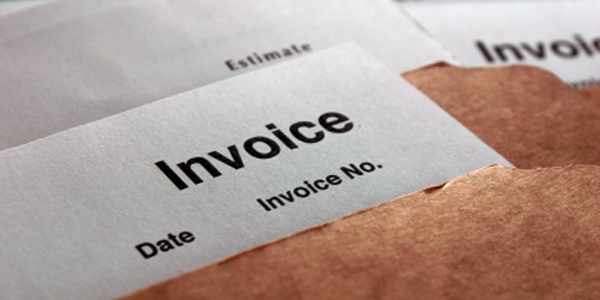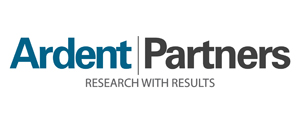I recently had the opportunity to connect with Andre Hoddevik, the Secretary General for OpenPEPPOL (Pan-European Public Procurement Online), a European-based, non-profit international association whose purpose is to enable European businesses to easily deal electronically with any European public sector buyers in their procurement processes. Andre will be giving a session on eInvoicing May 8 at the Exchange Summit Conference in Miami, and I thought this would be a great opportunity for our audience to learn more about his organization and the emerging PEPPOL standard.
Before I get to my interview, I wanted to provide an introduction to PEPPOL and the OpenPEPPOL association. PEPPOL is a set of standards and specifications enabling cross-border eProcurement and eInvoicing that can be implemented in existing eProcurement solutions and eInvoicing services (OpusCapita, Esker, Tradeshift) to make them interoperable between disparate systems across Europe. PEPPOL enables trading partners to exchange standards-based electronic documents over the PEPPOL network. These documents include e-Orders, eInvoices, eCatalogues, e-Advance Shipping Notes, Message Level Responses, etc. Buyers and suppliers are free to choose their preferred member-provider to connect to all PEPPOL participants already on the network. The use of PEPPOL is governed by a multi-lateral agreement structure which is owned and maintained by OpenPEPPOL.
OpenPEPPOL is an association that has assumed full responsibility for the development and maintenance of the PEPPOL specifications, services and implementation across Europe. The Association provides an authoritative point of reference for networks of interoperable, PEPPOL-compliant infrastructure and the organizations that use it. Now onto my interview with Andre.
Bob Cohen: Thank you for taking the time to connect with Ardent Partners and myself to learn more about the PEPPOL standard and the OpenPEPPOL Association. My first question is: How long did it take to develop an interoperability framework within Europe?
Andre Hoddevik: The PEPPOL approach on eInvoicing was developed in the period from 2008 to 2012 in the EU co-funded project Pan-European Public Procurement Online (PEPPOL). The project results were taken over and have been further developed by the non-profit association OpenPEPPOL AISBL since 2012. In parallel the European Commission initiated a legislative process that resulted in the Directive 2014/55/EU on invoicing in public procurement in 2014, mandating that all public sector entities should be able to receive eInvoices in certain formats. This directive foresaw the establishment of a European standard for e-Invoicing (based on PEPPOL and other input), which was ready in October 2017.
BC: Can you talk about the percentage of invoices sent in Europe that adhere to the PEPPOL standard?
AH: The percentage for all of Europe is still low, as the above mentioned directive sets April 2019 as the first deadline and April 2020 as the final deadline when all public sector entities should be able to receive eInvoices according to the European standard. The latest version of the PEPPOL Business Interoperability Specification (PEPPOL BIS) on eInvoicing supports this standard and is being rolled out in 2018. However, the early movers, such as Norway and Sweden receive between 60 and 80 percent of the invoices sent to the public sector through PEPPOL. In Norway, nearly 20 percent of ALL B2B and B2G invoices were handled through PEPPOL in 2017.
BC: Will there ever be an equivalent to the PEPPOL standard available for use in North America? What about a global standard?
AH: PEPPOL BIS utilizes the Universal Business Language (UBL), which is already supported by a number of North American service providers. There are also a number of North American service providers that are members of OpenPEPPOL and support PEPPOL BIS directly, so it is perfectly possible that PEPPOL BIS and/or an instance of UBL can become the preferred standard also in North America. We see an increasing interest for the PEPPOL approach also in Latin America, Asia, and Australia, so PEPPOL BIS and use of the PEPPOL eDelivery Network have the potential to become a global standard. However, a lot of collaboration efforts are needed to make this happen, so meanwhile the continued and increased support for UBL is a good starting point.
Conclusion
As the adoption of eInvoicing and eProcurement increases worldwide, end-user organizations are faced with the task of having to use multiple networks and solutions that do not communicate with one another. The time has come for improved interoperability between purchasing solutions, eInvoicing providers, and commerce networks. The work being done by OpenPEPPOL in Europe is long overdue and hopefully will start to gain traction and acceptance in other regions of the world.
RELATED ARTICLES:
Take the State of ePayables 2018 Research Survey Today!
Monday First Thing: Supply Chain Finance – Creating a Win-Win Situation for Buyers and Suppliers







Comments are closed.